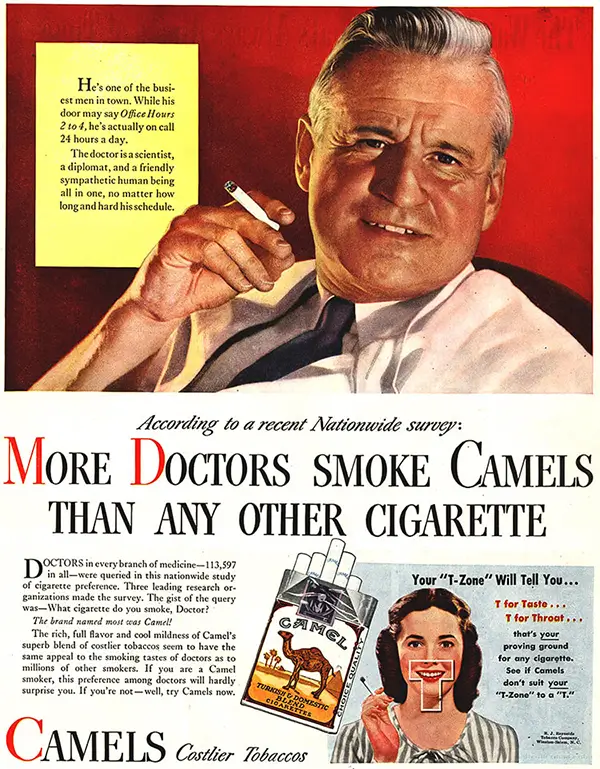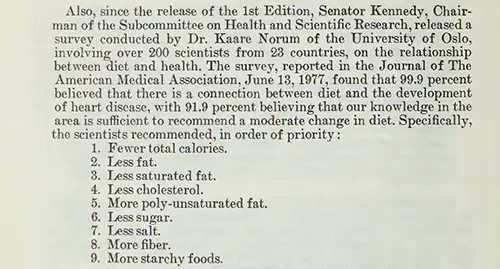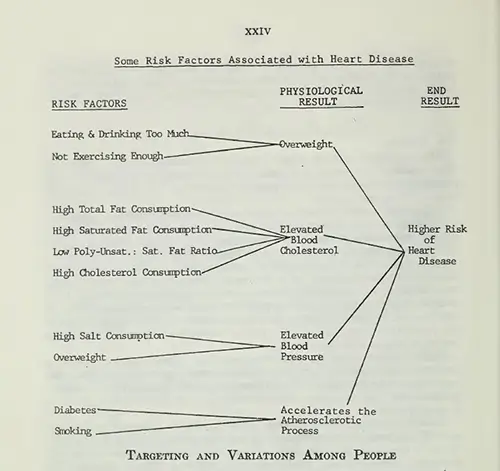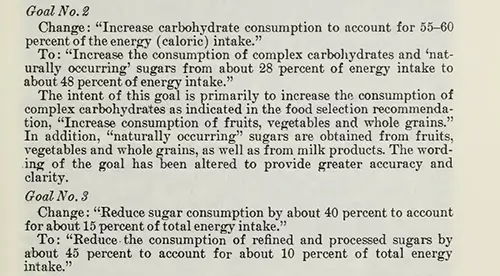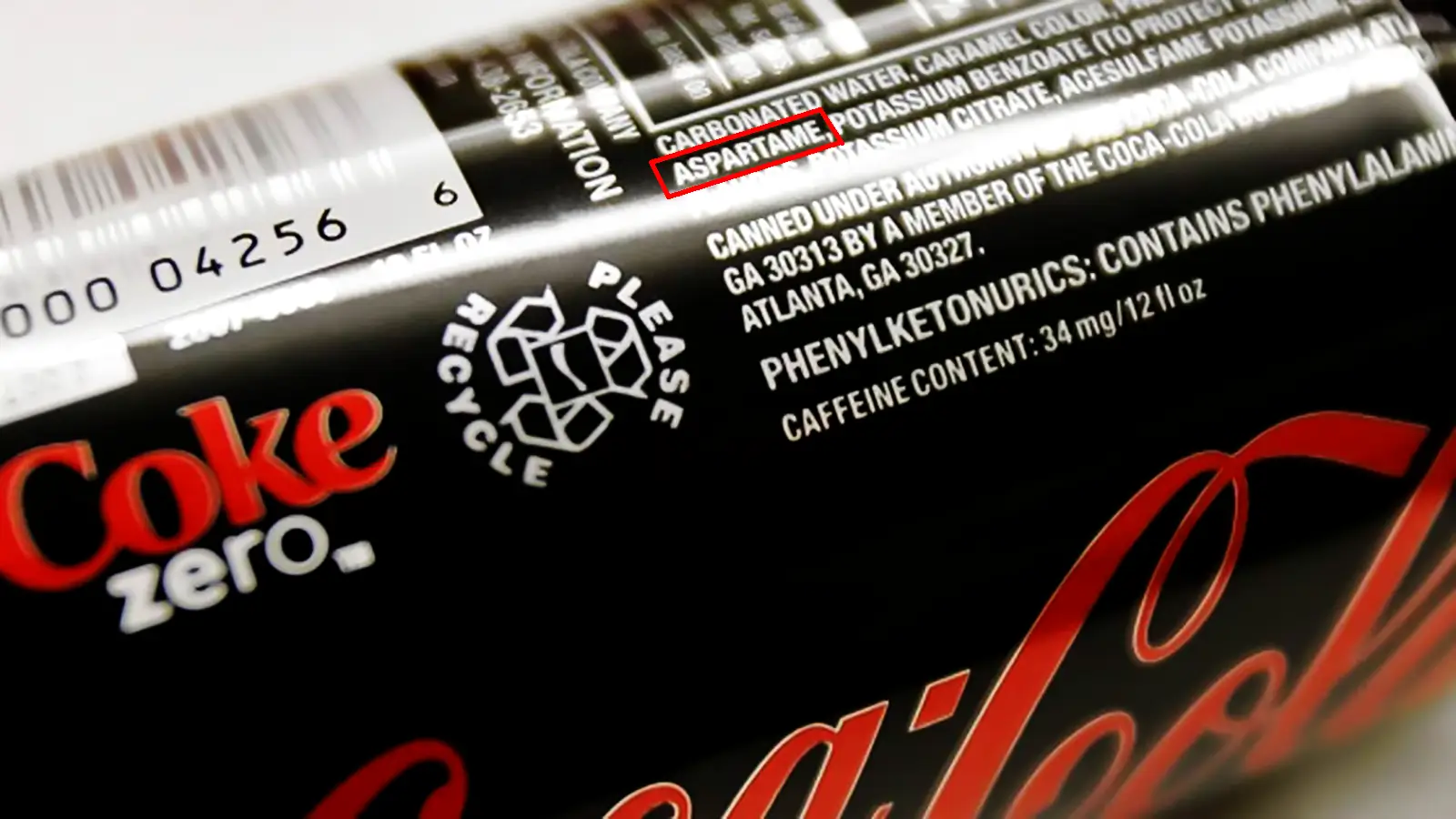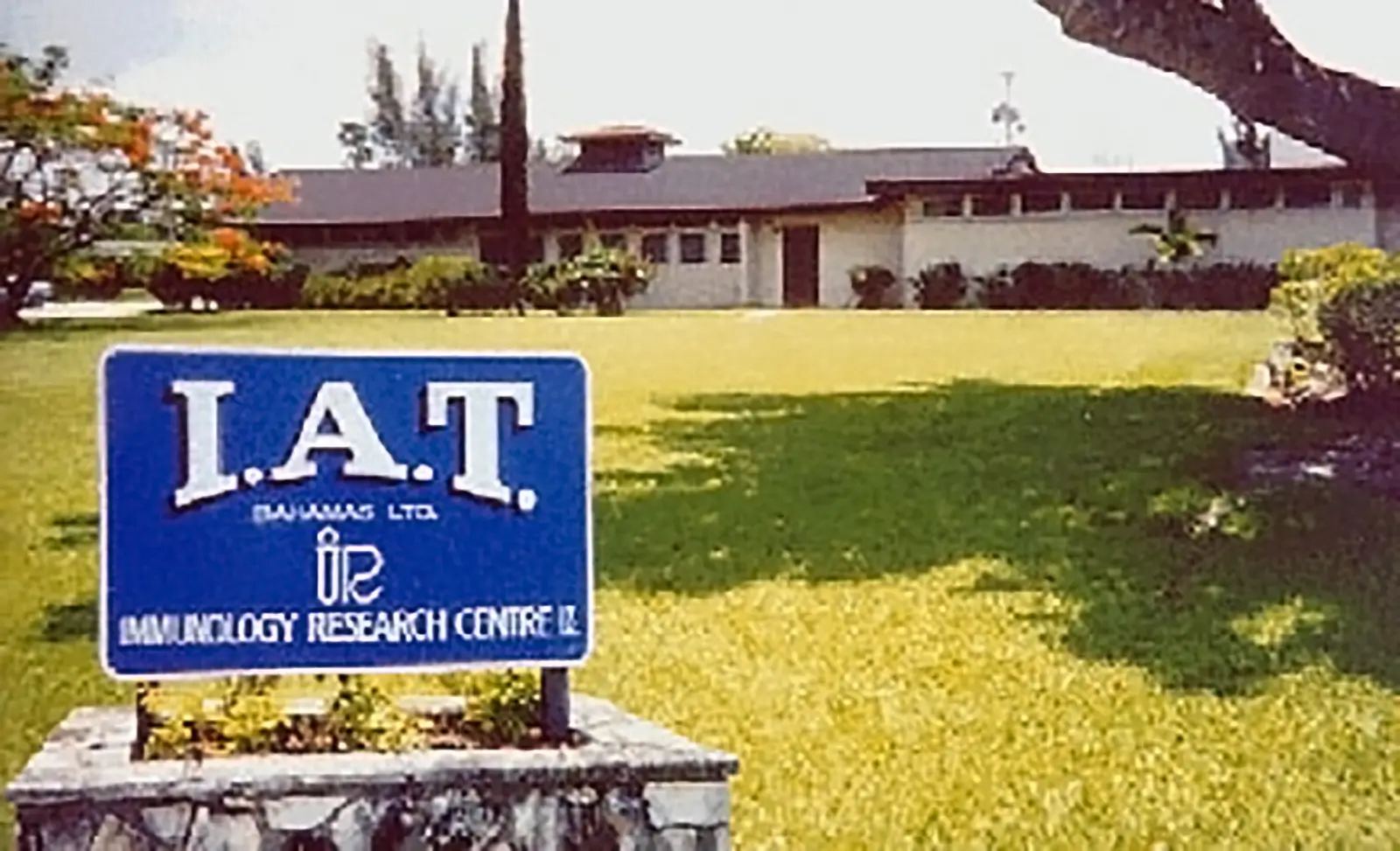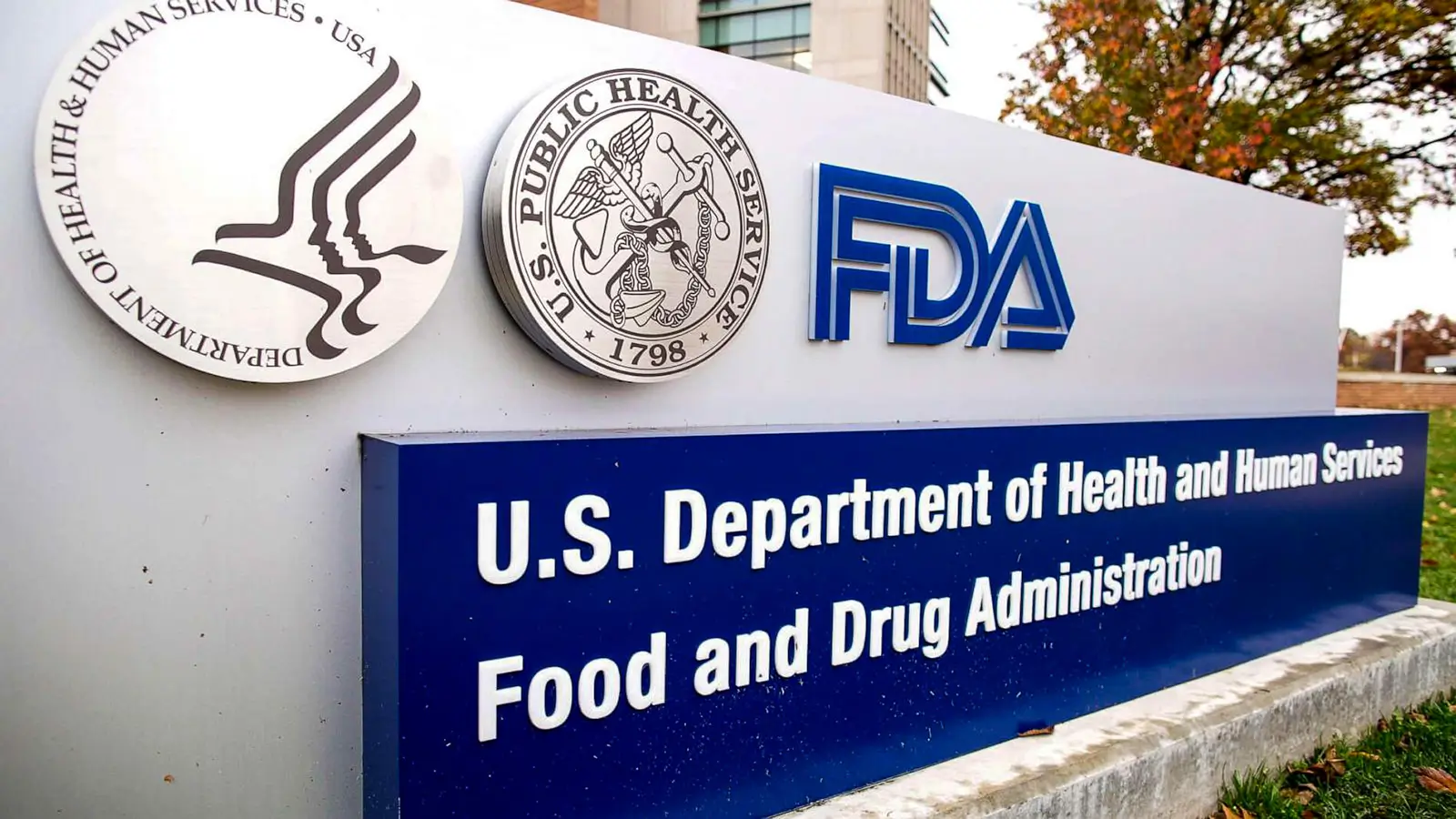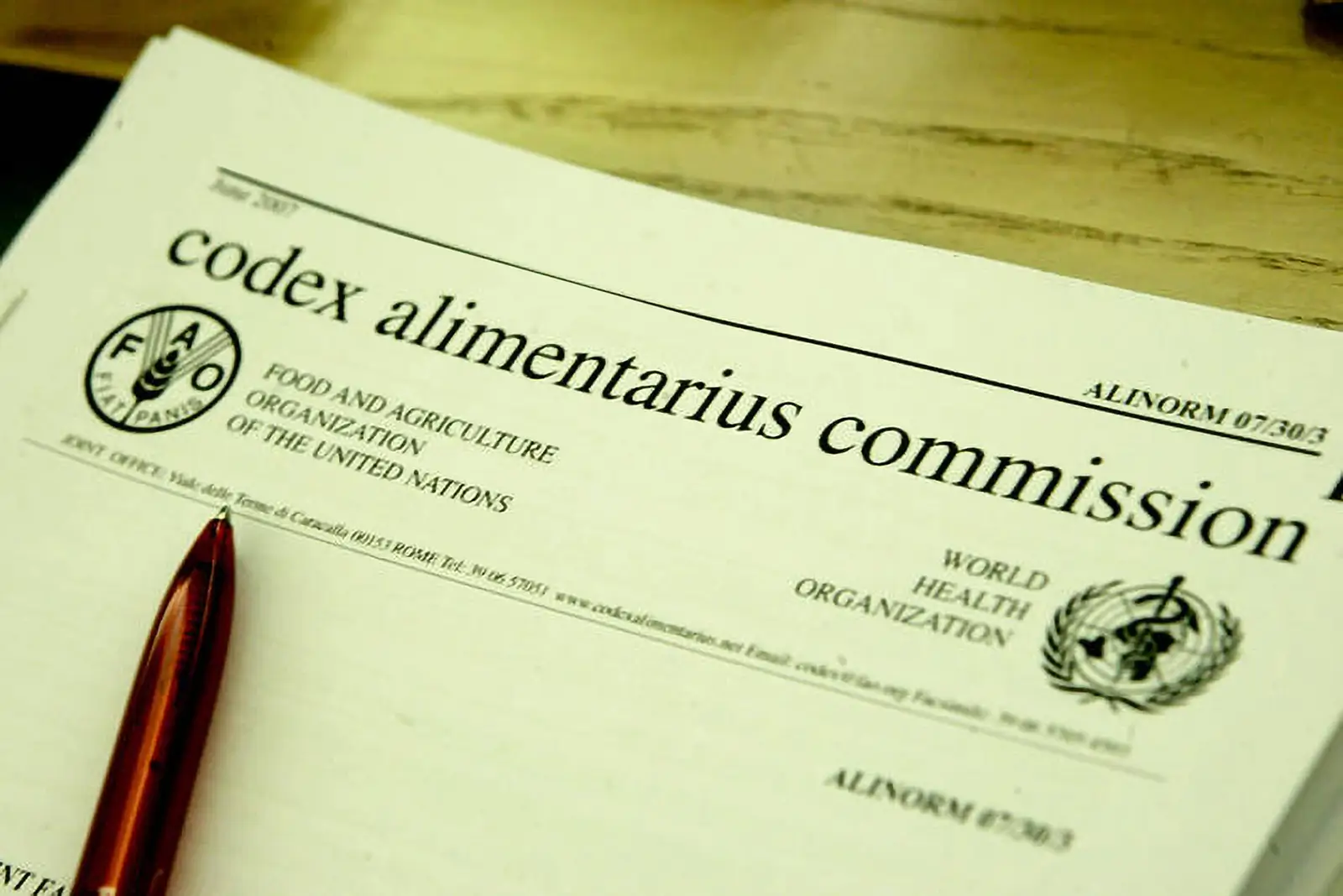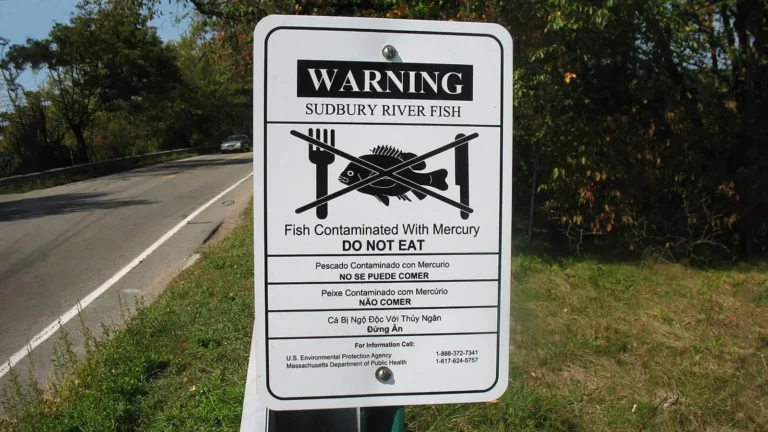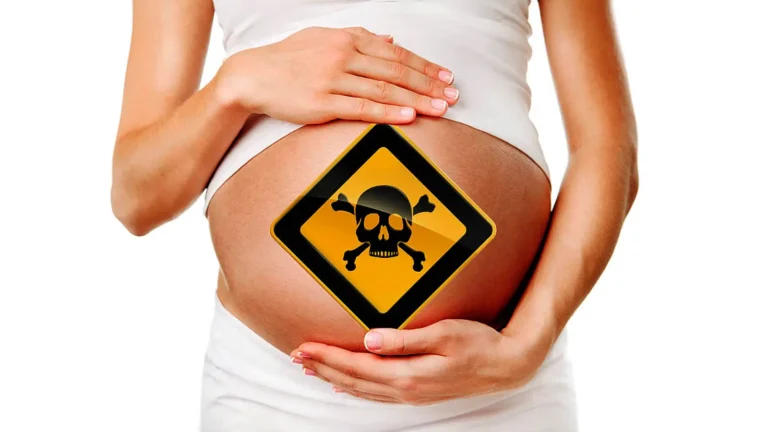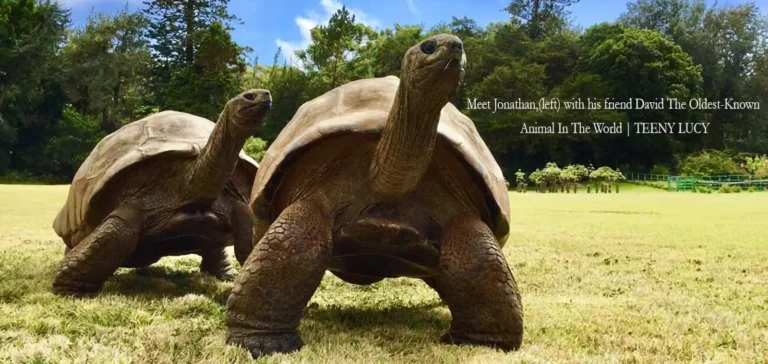The McGovern Report- Special Interest and The Suppression of Science
In 1977 the push for a change of Dietary Guidelines (McGovern Report) to more plant-based vegan one had been introduced to U.S. Congress.
Milos Pokimica
Written By: Milos Pokimica
Medically Reviewed by: Dr. Xiùying Wáng, M.D.
Updated June 9, 2023The battle for human lives and control and profit is real, but it is waged behind the scenes.
What most people are aware of is just propaganda. Doctors are good, they have to pledge a Hippocratic oath, there are there to heal you and help you, and of course one day medicine is going to deliver us from all diseases. In reality, it is completely opposite and sometimes completely in your face that it is pathetic.
For the majority of people that are not familiar with the history of nutritional science, this might come as a surprise that government itself has a network for suppressing the science and that individual men’s interest is not its primary goal. We can just remember the examples like “McGovern Report.”
In 1977 the “McGovern Report” came out. George McGovern was a former Democratic Senator from South Dakota who in 1972 suffered a presidential defeat to Richard Nixon, but he also was in the head of the committee that released the first Dietary Guidelines in the US. Before that, it was as it is now. Meat and sugar.
In 1977 most of the science you will find referenced in GoVeganWay articles was known to some extent. Even before that. Diseases of affluence like heart disease or cancer were beginning to skyrocket even at the beginning of the 20th century in the U.S. and some others developed countries. Meat consumption went up because personal wealth went up and people started to spend more on food. This will happen everywhere where the standard of living goes up. For example in rural China and India people mostly live on a starch-based vegan diet dominated by rice just because of poverty. But when those people move to cities to work in some newly constructed factory they will have more money to spend on food and this is exactly what happened in the U.S.
As a consequence diseases of affluence skyrocketed. After WW2 nutrition as science had begun to investigate this in a more professional and scientific manner. The research had been done and it took a couple of decades but the scientific consensus had been made.
The consensus was that it is not just saturated animal fat as believed in the 1950s or it was not just cholesterol it was an unnatural animal product-dominated diet as a whole. That type of diet was different from the starch-based vegan diet people eat just a hundred years ago. Scientific consensus at that time was and this is in the 1970s that humans as a species are primates and not true anatomical omnivores. The consensus was that government-backed by all of the nutritional research should change its animal product-dominated food pyramid model and that Dietary Guidelines should be more in line with human evolution. The report was made but even that report had to be “watered down”, but still. The push for changing the accepted Dietary Guidelines was made and introduced to Congress.
It was the McGovern Report.
What was so evil about this report? It basically stated that we should eat more whole grains, more fruits, more vegetables, less meat, less dairy, at least less whole-fat dairy, sugar, and so on. It still was a form of compromise and did not advocate a fully vegan diet, but it was a step in a similar direction. These new guidelines on eating were expected to have similar health-changing effects as the 1964 Surgeon General’s Report on Smoking.
This is a quote from the report itself:
“There is a great deal of evidence, and it continues to accumulate, which strongly implicates and, in some instances, proves that the major causes of death and disability in the United States are related to the diet we eat. I (Dr. Hegsted of Harvard School of Public Health) include coronary artery disease, which accounts for nearly half the deaths in the United States, several of the most important forms of cancer, hypertension, diabetes, and obesity as well as other chronic diseases.”
Industry and a big chunk of senators called report big conspiracy theory and that McGovern Committee believes in depriving people of what they like.
This was from an official record of the committee hearing, and later the same story was pushed in mainstream media. If you don’t believe conspiracy theories and watch mainstream media here is one example of the mindset of industry people.
At that time The Salt institute warned that:
“If people eat healthier, we would have more old people to take care of“…, “simultaneously increasing the cost of care of old people which comes under the category of healthcare expenditures.”
“Rulers” people don’t like old ones because they do not produce and just suck off the resources that rulers want for themselves. It is better for them and the economy when people die at 60 just before pension, and it is even better when they spend their entire savings on heart surgery and chemotherapy before they die. It would not be cost-effective for “rulers” to have masses of people regularly living to 90. This planet in their mindset is already overpopulated.
The other industries also went ballistic, especially meat and egg.
They warn that:
“If Dietary Goals are mowed forward and promoted as a present norm the entire sectors of the food industry –meat, dairy, sugar, and others may be so severely damaged that when it is realized that Dietary Goals are ill-advised, as surely will be the discovery, production recovery may be out of reach.”
However, the food industry did not stop this report. This report was eventually stopped at the highest political level. The level that sees people as a resource.
The full report, pdf: (download)
References:
Passages selected from a book: Pokimica, Milos. Go Vegan? Review of Science Part 2. Kindle ed., Amazon, 2018.
- “Diet Related to Killer Diseases, III : Hearings Before the Select Committee on Nutrition and Human Needs of the United States Senate, Ninety-fifth Congress, …” HathiTrust, babel.hathitrust.org/cgi/pt?id=uc1.a0000416073;view=1up;seq=1.
- Oppenheimer GM, Benrubi ID. McGovern’s Senate Select Committee on Nutrition and Human Needs versus the meat industry on the diet-heart question (1976-1977). Am J Public Health. 2014 Jan;104(1):59-69. doi: 10.2105/AJPH.2013.301464. Epub 2013 Nov 14. PMID: 24228658; PMCID: PMC3910043.
Related Posts
Do you have any questions about nutrition and health?
I would love to hear from you and answer them in my next post. I appreciate your input and opinion and I look forward to hearing from you soon. I also invite you to follow us on Facebook, Instagram, and Pinterest for more diet, nutrition, and health content. You can leave a comment there and connect with other health enthusiasts, share your tips and experiences, and get support and encouragement from our team and community.
I hope that this post was informative and enjoyable for you and that you are prepared to apply the insights you learned. If you found this post helpful, please share it with your friends and family who might also benefit from it. You never know who might need some guidance and support on their health journey.
– You Might Also Like –

Learn About Nutrition
Milos Pokimica is a doctor of natural medicine, clinical nutritionist, medical health and nutrition writer, and nutritional science advisor. Author of the book series Go Vegan? Review of Science, he also operates the natural health website GoVeganWay.com
Medical Disclaimer
GoVeganWay.com brings you reviews of the latest nutrition and health-related research. The information provided represents the personal opinion of the author and is not intended nor implied to be a substitute for professional medical advice, diagnosis, or treatment. The information provided is for informational purposes only and is not intended to serve as a substitute for the consultation, diagnosis, and/or medical treatment of a qualified physician or healthcare provider.NEVER DISREGARD PROFESSIONAL MEDICAL ADVICE OR DELAY SEEKING MEDICAL TREATMENT BECAUSE OF SOMETHING YOU HAVE READ ON OR ACCESSED THROUGH GoVeganWay.com
NEVER APPLY ANY LIFESTYLE CHANGES OR ANY CHANGES AT ALL AS A CONSEQUENCE OF SOMETHING YOU HAVE READ IN GoVeganWay.com BEFORE CONSULTING LICENCED MEDICAL PRACTITIONER.
In the event of a medical emergency, call a doctor or 911 immediately. GoVeganWay.com does not recommend or endorse any specific groups, organizations, tests, physicians, products, procedures, opinions, or other information that may be mentioned inside.
Editor Picks –
Milos Pokimica is a doctor of natural medicine, clinical nutritionist, medical health and nutrition writer, and nutritional science advisor. Author of the book series Go Vegan? Review of Science, he also operates the natural health website GoVeganWay.com
Latest Articles –
Plant Based News
-
How To Make Creamy Chocolate Oat Milk Without Sugar Or Oil
on July 11, 2025
-
Vegan Quinoa And Feta Salad
on July 11, 2025
-
‘If I Could Only Make One Plant-Based Recipe, This Would Be It’
on July 10, 2025
-
5-Ingredient Vegan Bread And Butter Pudding
on July 10, 2025
-
10 Quick Vegan Weekday Breakfasts
on July 9, 2025
-
This Tempeh Parmesan Recipe Has Gone Viral For A Reason
on July 8, 2025
-
This High-Protein Vegan Kimchi Jjigae Might Be The Best Yet
on July 8, 2025
Top Health News — ScienceDaily
- In seconds, AI builds proteins to battle cancer and antibiotic resistanceon July 11, 2025
Artificial intelligence is now designing custom proteins in seconds—a process that once took years—paving the way for cures to diseases like cancer and antibiotic-resistant infections. Australian scientists have joined this biomedical frontier by creating bacteria-killing proteins with AI. Their new platform, built by a team of biologists and computer scientists, is part of a global movement to democratize and accelerate protein design for medical breakthroughs.
- How a hidden brain circuit fuels fibromyalgia, migraines, and PTSDon July 11, 2025
What if your brain is the reason some pain feels unbearable? Scientists at the Salk Institute have discovered a hidden brain circuit that gives pain its emotional punch—essentially transforming ordinary discomfort into lasting misery. This breakthrough sheds light on why some people suffer more intensely than others from conditions like fibromyalgia, migraines, and PTSD. By identifying the exact group of neurons that link physical pain to emotional suffering, the researchers may have found a […]
- Lemurs age without inflammation—and it could change human health foreveron July 10, 2025
What if humans didn’t have to suffer the slow-burning fire of chronic inflammation as we age? A surprising study on two types of lemurs found no evidence of “inflammaging,” a phenomenon long assumed to be universal among primates. These findings suggest that age-related inflammation isn’t inevitable and that environmental factors could play a far bigger role than we thought. By peering into the biology of our primate cousins, researchers are opening up new possibilities for preventing […]
- This tiny implant could save diabetics from silent, deadly crasheson July 10, 2025
MIT engineers have developed a tiny implantable device that could revolutionize emergency treatment for people with Type 1 diabetes. The device contains a powdered form of glucagon and can be remotely triggered—either manually or automatically by a glucose monitor—to release the hormone when blood sugar drops too low. This offers a potentially life-saving safety net, especially during sleep or for young children.
- Your Brain’s Hidden Defenses Against Alzheimer’son July 10, 2025
Scientists at UCSF combined advanced brain-network modeling, genetics, and imaging to reveal how tau protein travels through neural highways and how certain genes either accelerate its toxic journey or shield brain regions from damage. Their extended Network Diffusion Model pinpoints four gene categories that govern vulnerability or resilience, reshaping our view of Alzheimer’s progression and spotlighting fresh therapeutic targets.
- No training needed: How humans instinctively read nature’s signalson July 10, 2025
People can intuitively sense how biodiverse a forest is just by looking at photos or listening to sounds, and their gut feelings surprisingly line up with what scientists measure.
- This muscle supplement could rewire the brain—and now scientists can deliver iton July 10, 2025
Creatine isn’t just for gym buffs; Virginia Tech scientists are using focused ultrasound to sneak this vital energy molecule past the blood-brain barrier, hoping to reverse devastating creatine transporter deficiencies. By momentarily opening microscopic gateways, they aim to revive brain growth and function without damaging healthy tissue—an approach that could fast-track from lab benches to lifesaving treatments.
PubMed, #vegan-diet –
- Effects of different dietary patterns on glucose management in type 1 diabetes: a systematic review and meta-analysis of randomized controlled trialson July 11, 2025
BACKGROUND: Effective glucose management is essential to prevent complications in type 1 diabetes. While nutrition therapy is crucial, the optimal diet remains uncertain. Our systematic review and meta-analysis synthesized evidence from randomized controlled trials (RCTs) on the impact of various diets on glucose management in type 1 diabetes.
- Dietary acid load on the Mediterranean and a vegan diet: a secondary analysis of a randomized, cross-over trialon July 10, 2025
CONCLUSION: These findings suggest that, compared with the Mediterranean diet, dietary acid load decreased significantly on the low-fat vegan diet and was associated with weight loss. The alkalizing effect of a vegan diet may be an independent mechanism by which a vegan diet promotes weight loss.
- Effects of vegan diets and lifestyle on adult body composition: a narrative reviewon July 10, 2025
The health benefits of vegan diets are well documented, though achieving nutritional adequacy requires careful planning, as is the case with any well-designed diet. Vegan diets effectively address obesity, with emerging evidence suggesting that body composition analysis offers a more accurate assessment of body weight management than traditional body mass index (BMI) calculations. This narrative review evaluates the impact of vegan diets on adult body composition based on 16 human […]
- Framing the meat consumption transition: A statistical learning approach to explore the factors shaping young adults’ food choices in Germany and Italyon July 6, 2025
This study examines the factors driving changes in meat consumption among young adults in Germany and Italy-two high-income countries that, despite their distinct culinary traditions, have seen a convergence in meat consumption levels in recent years. The research addresses two aims: to examine the role of environmental attitudes in shaping dietary choices and to explore the impact of socio-demographic factors on meat-consumption patterns. The analysis employs the General Ecological Behavior…
- Health and environmental impacts of shifting to plant-based analogues: a risk-benefit assessmenton July 5, 2025
CONCLUSION: PBAs can be considered feasible alternatives to animal-based foods, and the results emphasise meat substitution as a crucial factor for health and environmental benefits.
Random Posts –
Featured Posts –

Latest from PubMed, #plant-based diet –
- Association between protein diet score and colorectal adenomas risk: a prospective studyby Yangpiaoyi Shi on July 11, 2025
CONCLUSION: Our findings indicate that higher Protein Diet Score is associated with reduced colorectal adenoma incidence among middle-aged and elderly Americans, with similar findings observed for the PAR. These results provide important evidence for optimizing protein intake and source composition to promote intestinal health.
- Dietary acid load on the Mediterranean and a vegan diet: a secondary analysis of a randomized, cross-over trialby Hana Kahleova on July 10, 2025
CONCLUSION: These findings suggest that, compared with the Mediterranean diet, dietary acid load decreased significantly on the low-fat vegan diet and was associated with weight loss. The alkalizing effect of a vegan diet may be an independent mechanism by which a vegan diet promotes weight loss.
- Impact of Elateriospermum tapos Supplementation on Leptin and Hypothalamic Signaling in Female Offspring of High-Fat Diet-Induced Obeseby Santhra Segaran Balan on July 10, 2025
CONCLUSION: In conclusion, the E. tapos shell significantly reduced maternal obesity in female offspring at PND21 compared to its seed.
- Effects of diet on sperm functionality and cryopreservation tolerance in Atlantic salmon (Salmo salar)by Elías Figueroa Villalobos on July 10, 2025
This study evaluates the impact of dietary composition on the functionality and cryopreservation tolerance of intratesticular spermatozoa in Atlantic salmon (Salmo salar). A total of 40 males were divided into four dietary treatment groups: Diet I, based on marine-derived lipids and proteins; Diet II, replacing 65 % of marine proteins and 51 % of lipids with plant and terrestrial animal sources; and two commercial reference diets (III and IV) to contrast with the experimental diets. Over a…
- Healthy Plant-Based Diet Is Associated With a Reduced Risk of Inflammatory Bowel Disease: A Large-Scale Prospective Analysisby Zhenhe Jin on July 9, 2025
Current studies indicated a potential inverse association between plant-based diets (PBD) and inflammatory bowel disease (IBD). Large-scale research is needed to confirm the protective role of PBD in IBD risk. This study evaluated the associations between PBD and IBD risk and explored potential mediators. This prospective cohort study included 143 434 UK Biobank participants, using 24-h dietary recalls to calculate PBD indexes. Cox regression assessed associations between PBD and IBD risk….
- Associations of nutritional knowledge with dietary patterns and breast cancer occurrenceby Beata Stasiewicz on July 9, 2025
It is well-established that women’s nutrition knowledge (NK) is strongly associated with children’s nutritional outcomes. However, the association of women’s NK with their own diet and health status, including cancer occurrence, remains unknown. This case-control study aimed to assess the associations of NK with dietary patterns (DPs) and breast cancer (BC) occurrence in peri- and postmenopausal women. Data were collected for 417 women aged 40.0-79.9 years from north-eastern Poland, including…
